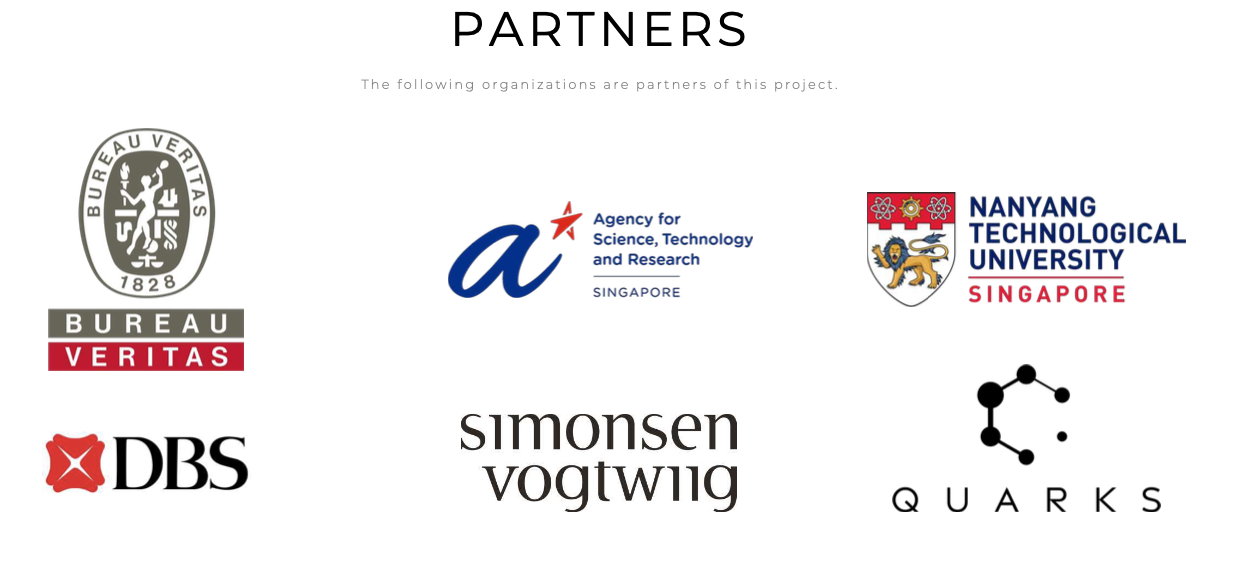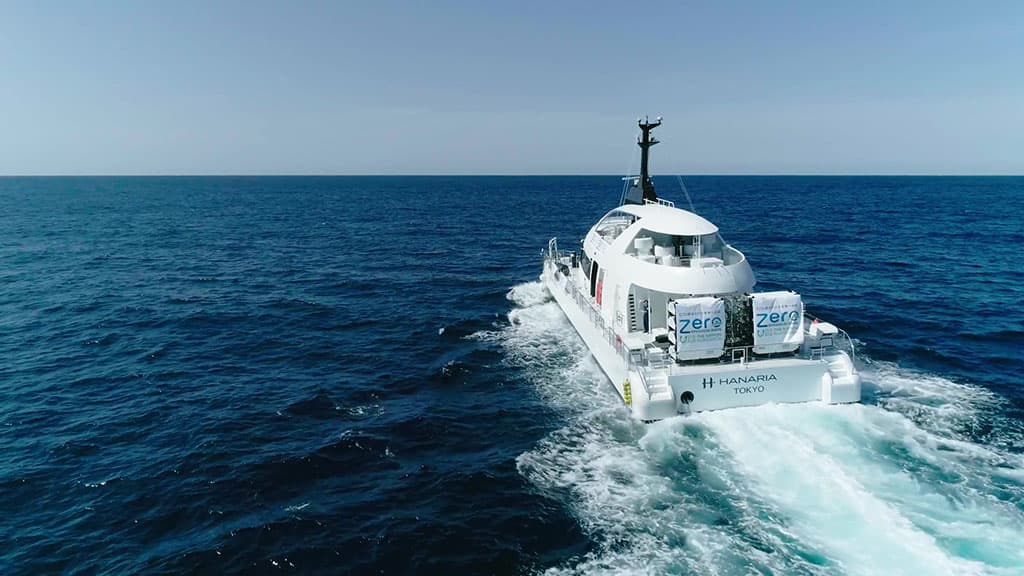In a significant move towards understanding the future of sustainable shipping, QUARKS ASIA, a Norwegian agile advisory firm based in Singapore, has announced its participation in a landmark research project examining the effects of the International Maritime Organization's (IMO) Carbon Intensity Indicator (CII) framework on the global maritime industry.
This comprehensive study, conducted in collaboration with several industry partners, aims to provide a multifaceted analysis of the CII's impact from commercial, technological, and sustainable perspectives. The research will delve into critical questions surrounding the CII's definition, its commercial implications, the role of technology in decarbonization, and governance issues.
Key research questions include:
CII Definition
- What is CII, how is it calculated, and what measures can improve the CII system?
- What factors, including the uncontrollable ones, influence the CII rating for vessels?
- How do specific trades affect a vessel's CII rating?
Commercial Implications
- What are the consequences for the global maritime industry's future and the real financial implications?
- How will the CII of a vessel impact its trade ability?
- How does the competitiveness of different vessels/fleets differ based on the CII rating?
- Can a metric be developed to assess a vessel's suitability for specific trades based on its CII rating, cargo type, and distance, for example?
- How will CII impact the asset value of ships?
- What are professionals and others from the sector's view on CII and its implications for their companies?
- How can these commercial aspects be combined into contractual clauses along with operational issues?
- What metric can be developed to evaluate and track how well commercial contracts incorporate CII-related terms, such as compliance thresholds, penalties for non-compliance, and incentives for superior performance?
Technology for Decarbonization
- How can data analytics and AI assist the industry in enhancing CII and mitigating emissions?
- What are the obstacles hindering the adoption of data analytics and AI in decarbonization initiatives?
- What are other innovative technologies that can contribute to improving CII and accelerating decarbonization efforts?
- The study will utilize a wide range of data, including voyage information, weather conditions, maintenance records, fuel consumption, cargo details, and regulatory information to conduct quantitative analyses.
As the maritime sector prepares for upcoming regulatory changes in 2026, this collaborative effort is poised to become a crucial resource for industry stakeholders. This pioneering study stands as a critical initiative in the maritime industry's transition towards sustainability, offering stakeholders invaluable insights to navigate the complex interplay of regulatory compliance, technological innovation, and commercial viability in the era of decarbonization.


Source:
QUARKS Asia


